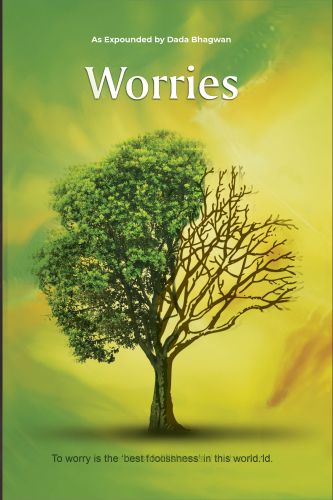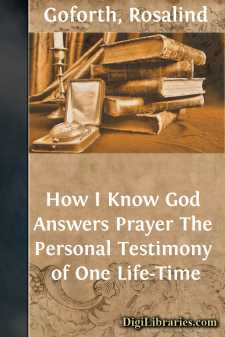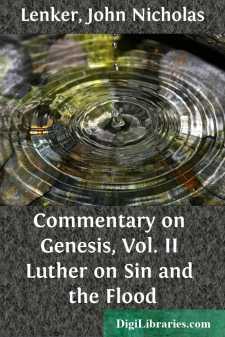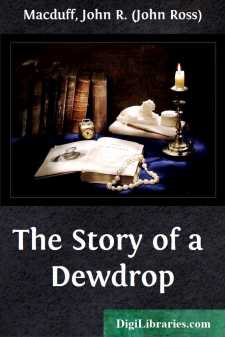Categories
- Antiques & Collectibles 13
- Architecture 36
- Art 48
- Bibles 22
- Biography & Autobiography 813
- Body, Mind & Spirit 142
- Business & Economics 28
- Children's Books 17
- Children's Fiction 14
- Computers 4
- Cooking 94
- Crafts & Hobbies 4
- Drama 346
- Education 46
- Family & Relationships 57
- Fiction 11829
- Games 19
- Gardening 17
- Health & Fitness 34
- History 1377
- House & Home 1
- Humor 147
- Juvenile Fiction 1873
- Juvenile Nonfiction 202
- Language Arts & Disciplines 88
- Law 16
- Literary Collections 686
- Literary Criticism 179
- Mathematics 13
- Medical 41
- Music 40
- Nature 179
- Non-Classifiable 1768
- Performing Arts 7
- Periodicals 1453
- Philosophy 64
- Photography 2
- Poetry 896
- Political Science 203
- Psychology 42
- Reference 154
- Religion 513
- Science 126
- Self-Help 84
- Social Science 81
- Sports & Recreation 34
- Study Aids 3
- Technology & Engineering 59
- Transportation 23
- Travel 463
- True Crime 29
Our website is made possible by displaying online advertisements to our visitors.
Please consider supporting us by disabling your ad blocker.
The Mistakes of Jesus
by: William Floyd
Categories:
Description:
Excerpt
FOREWORD
The tradition regarding Jesus is so glamorous that it is difficult to review his life and character with an unbiased mind. While Fundamentalists and Modernists differ regarding the divinity of Christ, all Christians and many non-Christians still cling to preconceived notions of the perfection of Jesus. He alone among men is revered as all-loving, omniscient, faultless—an unparalleled model for mankind.
This convention of the impeccability of Jesus is so firmly established that any insinuation of error on his part is deemed a blasphemy. Doubting Jesus is more impious than mocking God Almighty. Jehovah may be exposed to some extent with impunity; a God who destroyed 70,000 of his chosen people because their king took a census is too illogical for any but theologians to worship. But the Son of God, or Son of man, is sacrosanct. Jesus is reverenced as the one man who has lived unspotted by the world, free from human foibles, able to redeem mankind by his example.
Respect for the principles of Jesus is so inbred in American people of all faiths that an attempt to disparage his worth is denounced as bad taste. The detractor is suspected of being an immoral person, no matter how convincing may be the proof which he presents. A conspiracy of silence is directed against any system of ethics advanced as superior to the Sermon on the Mount. In popular opinion Jesus never made a mistake; all his teachings were infallible; no other view is tolerated.
Face the Facts
This unwillingness to acknowledge the shortcomings of Jesus is partially due to fear of sustaining a great loss. The familiar answer to heretical arguments is that faith should not be destroyed unless something can be put in its place—ignoring the fact that something always may be substituted for beliefs destroyed. That substitute is faith in the world as it really is. And our modern world, with all its shortcomings, is infinitely preferable to the earth, or even the heaven, of the first century. We now know that man can do more to eradicate sorrow than Jesus ever thought of. We can have greater confidence in the world as revealed today than in the doubtful traditions of Biblical times.
But suppose there were nothing to substitute for the myth destroyed, should that deter the Truthseeker from continuing his investigation? Scientists do not hesitate in their research because the result of a new discovery may be disastrous. They seek the facts regardless of consequences; they want to know the Truth about the physical world. Ethicists should have a similar desire concerning the metaphysical world. They should have confidence that the Supreme Intelligence (as Edison called it) will lead on to better things.
The True Jesus
If Jesus was what his followers believe, no arguments will destroy their faith in him; but if Jesus was not perfect, according to modern standards, it is important that his status as God, or man, should be revised. Loss of confidence in an erring idol is not loss of a true ideal.
When an iconoclast asserts that Jesus lacked supreme intelligence, the natural question is, "How do you know that you are right in your appraisal, 'lest haply ye be found even to fight against God'?" The answer is that we do not claim omniscience, but merely request everyone to use his or her own judgment, with intellectual honesty, examining each act or saying of Jesus without regard to presupposed ideas or tradition.
Scriptures Unauthentic
The consensus of scholarship has rejected the creation of the universe in six days in 4004 b.c., science having proved the existence of the world for millions of years. Higher Critics refuse to credit the book of Genesis, according to the first chapter of which the trees, beasts and fowls were created before man, but according to the second chapter after man....












